To provide the best experiences, we use technologies like cookies to store and/or access device information. Consenting to these technologies will allow us to process data such as browsing behaviour or unique IDs on this site. Not consenting or withdrawing consent, may adversely affect certain features and functions.
The technical storage or access is strictly necessary for the legitimate purpose of enabling the use of a specific service explicitly requested by the subscriber or user, or for the sole purpose of carrying out the transmission of a communication over an electronic communications network.
The technical storage or access is necessary for the legitimate purpose of storing preferences that are not requested by the subscriber or user.
The technical storage or access that is used exclusively for statistical purposes.
The technical storage or access that is used exclusively for anonymous statistical purposes. Without a subpoena, voluntary compliance on the part of your Internet Service Provider, or additional records from a third party, information stored or retrieved for this purpose alone cannot usually be used to identify you.
The technical storage or access is required to create user profiles to send advertising, or to track the user on a website or across several websites for similar marketing purposes.
 After months of lockdown nobody can be certain how the world will look when we eventually re-emerge from the Covid 19 crisis. Yet something seems certain – things will never be the same again. Just as the Second World War spawned the NHS, it’s clear that society is going to be re-shaped quite possibly around a bigger, more proactive government, forced to step in to help any number of industries. Unlike the banking crisis of 2008, the powers that be won’t simply be able to re-assembled the shattered economic jigsaw as it once was. More →
After months of lockdown nobody can be certain how the world will look when we eventually re-emerge from the Covid 19 crisis. Yet something seems certain – things will never be the same again. Just as the Second World War spawned the NHS, it’s clear that society is going to be re-shaped quite possibly around a bigger, more proactive government, forced to step in to help any number of industries. Unlike the banking crisis of 2008, the powers that be won’t simply be able to re-assembled the shattered economic jigsaw as it once was. More →




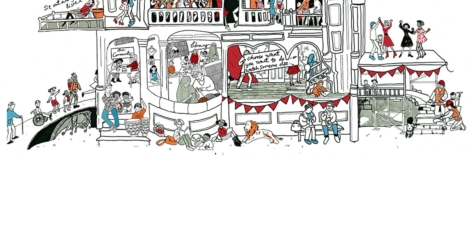




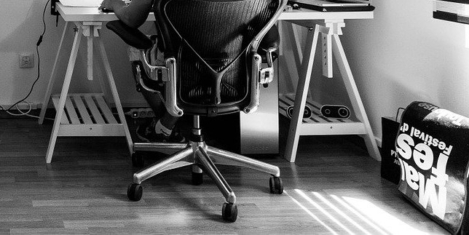
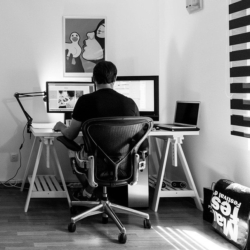


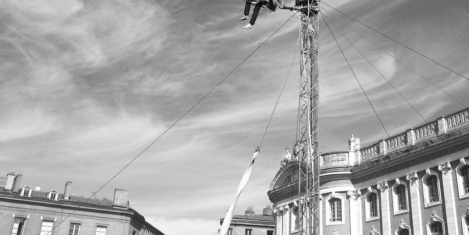








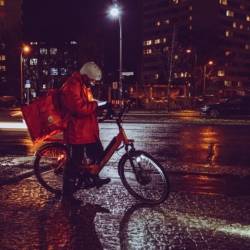












June 9, 2020
A thank you for the bitter knowledge offered by the lockdown
by Adam Burtt-Jones • Comment, Flexible working, Workplace design